Description
CONTENTS
- Introduction
- Psychological Impact of Organized Violence and Terrorism
- Trauma Rewires the Brain and Mind
- Prevalence, Causes and Indigenous Treatment for Uncontrolled Anger
- Social Consequences of Terrorism and Violence: Stereotypes, Prejudice and Discrimination “Inevitable Dark Triad of Human Nature”
- Addiction Management: Understanding Addictive Behavior and its Linkage with anger
- Ontogenesis/Archeology of Anger, Personality, Personality Disorders and Evidence Based Treatment
- A Paradigm Shift in the Treatment of Psychiatric disorders
ABOUT THE BOOK
This book outlines the social and psychological impact of organized violence not only in the context of psychopathology but also focusing on the characteristics of its treatment aspect pertinent to the Pakistani society. In this book an attempt has been made to figure out those psychological interventions for PTSD and other common psychological disorders which might be culturally receptive and indigenously tailored according to the needs of society.
ABOUT THE AUTHORS
Dr. Muhammad Tahir Khalily is a Professor of Psychology & Vice President (Academics) at International Islamic University Islamabad, Pakistan. He has more than twenty-five years of national and international teaching, research, clinical, supervisory, academic, and administrative and service development experiences. Moreover, he worked as Director Quality Enhancement Cell (QEC), Students Advisor and Director ORIC in International Islamic University Islamabad and was a Head and Senior psychologist in the Psychology Department Roscommon Mental health Service and clinical supervisor of the school of psychology National University of Ireland Galway Republic of Ireland. He holds a Masters degree in Drug Addiction and Alcohol Treatment Policy from the Addiction Study Centre, Trinity College Dublin University Ireland, Higher Diploma in Health Care Management from Health Care Management Centre, Royal College of Surgeons Dublin, National University Ireland Galway and Post Doctoral research fellowship from the University of Edinburgh UK. Furthermore, throughout his higher education (Post Doc, PhD, M.Phil), his concentration and focus of research has consistently remained ingrained in the field of psychology in general. He has specialized experience and research on Addiction, Psychometrics, Post Traumatic Stress Disorder, Organizational Psychology. Furthermore, he has established his niche in action research, integrating current psychological approaches with the cultural and religious milieu as well as inter-professional learning and Clinical and Neuropsychology. His special interest lies in the rediscovery of religious perspectives with renewed interest in the current therapeutic approaches of Professional Psychology and their integration in line with the teaching of Quran and Sunah.
Dr. Tamkeen Saleem is an Assistant Professor at the Department of Psychology, International Islamic University Islamabad, Pakistan. She is also a focal person of International Diploma on Mental Health Law Human Rights being conducted with technical supports of World Health Organization (WHO). She completed her Post-Doctorate (2018) from International Islamic University via a research fellowship under Higher Education Commission Funded Project. She has done her PhD in Psychology (2017) with specialization in Family Psychology. She is a psychologist with more than 10 years of experience of teaching/ training, research and counseling. She has received many academic awards being a meritorious scholar. She is a Gold Medalist in MS Psychology (2008-2011) International Islamic University Islamabad, Roll of Honor Winner in M.Sc Applied Psychology (2002-2004) and Bachelor of Arts (2000-2002), University of Punjab. She did her Master of Psychology in 2002-2004 and joined Shifa International Hospital Islamabad Pakistan as a Training Facilitator. Due to her immense passion for education and teaching she switched over to International Islamic University Islamabad in 2007. The cross-over between training and teaching was a fertile ground for research which has continued to be the case so far. Her research interests include – but are not limited to – family Psychology, Emotion Regulation, Social Competence, Adolescent Psychology, Art Therapy and Religiosity. She has more than 25 publications in national and international journals. She has done educational and research consultancies with the Ministry of Health, Pakistan, World Food Programmed, World Health Organization, Society for Alternative Media and Research and Health Bridge, Strengthening Participatory Organization and Help Age. She has organized, attended as a participant and facilitated as a resource person numerous workshops, seminars, mental health symposiums, national and international conferences.
Mr. Mujeeb Masud Bhatti is a Teaching Research Associate (TRA) and PhD fellow at department of Psychology International Islamic University Islamabad. His research areas are Smartphone addiction, narcissism, role of media in development of personality and group dynamics. He has profound interest in generating rigorous scientific evidence regarding the role of rationale thinking, intuition and religious experiences. Similarly, he is also working on the re-exploration of research methods in social sciences that are based on holistic view of human nature rather than reductionist.
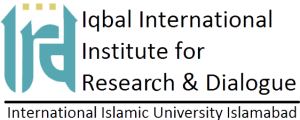
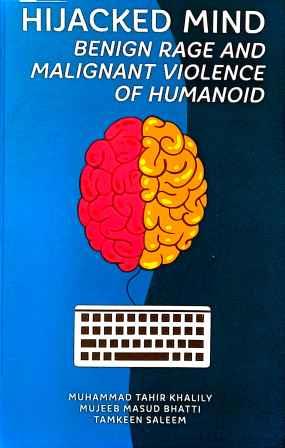
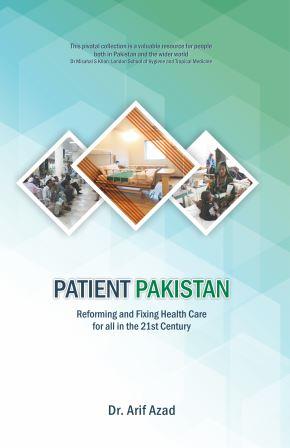
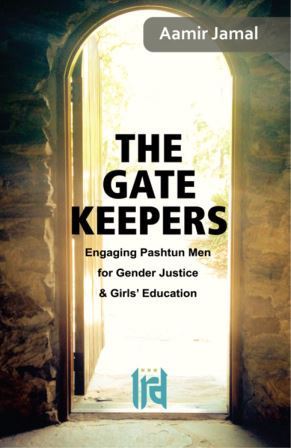
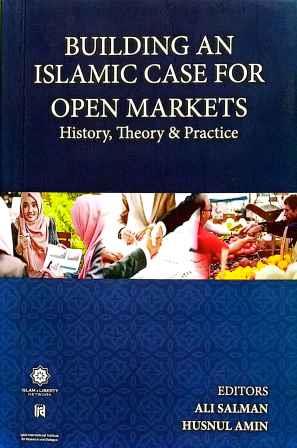
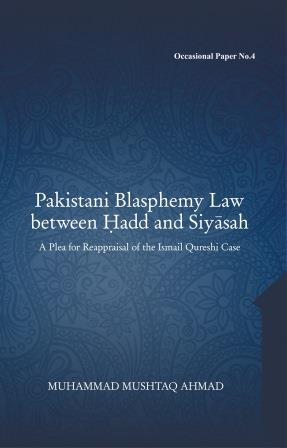


Reviews
There are no reviews yet.